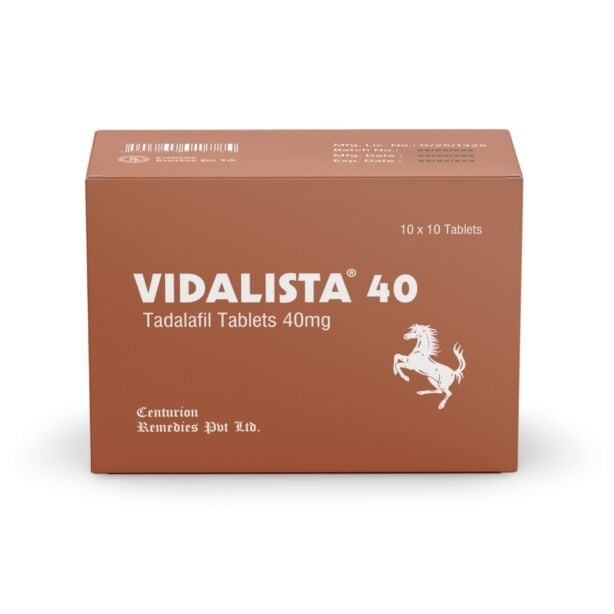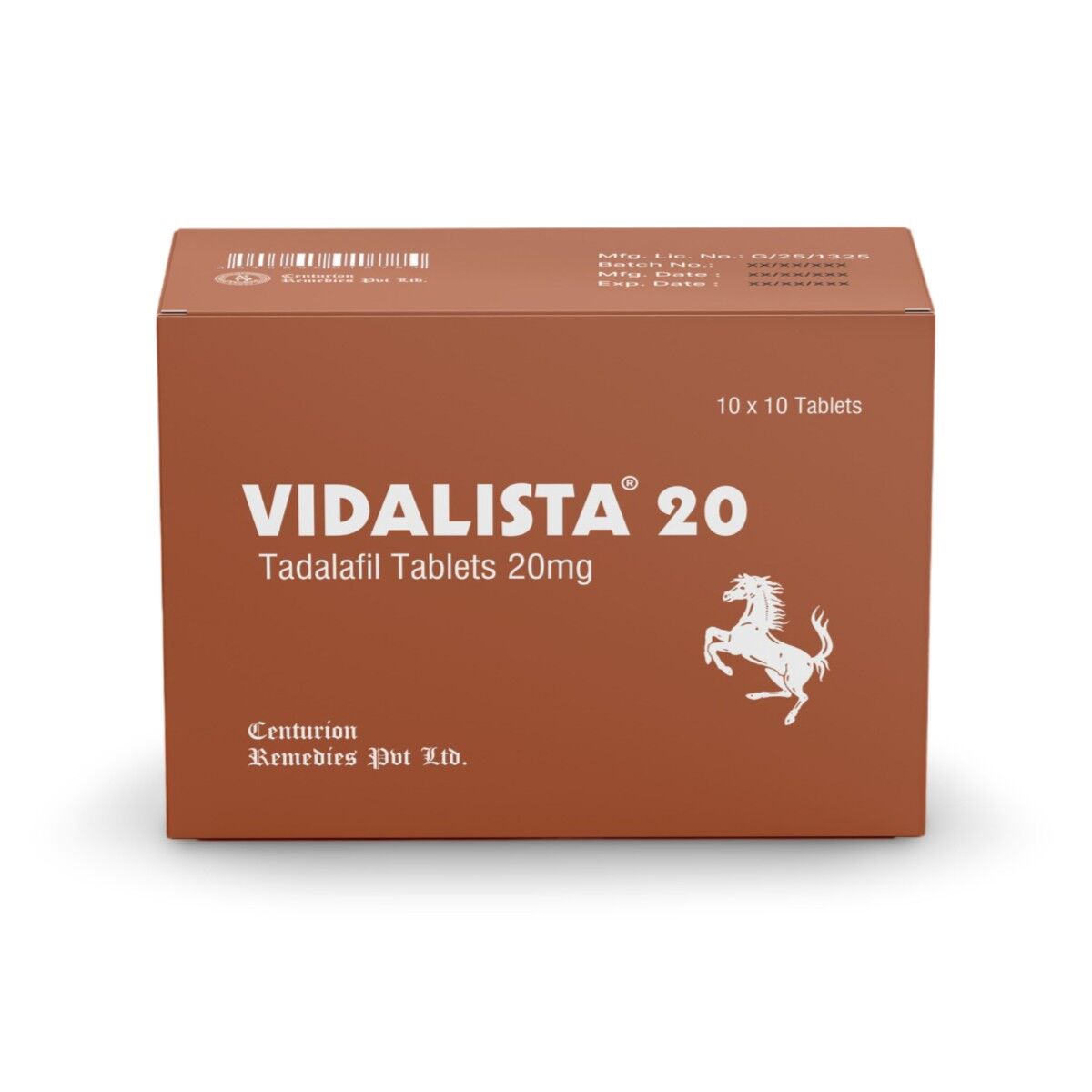It is a well-known fact that sexual abilities tend to decline with age. But at what exact age does this begin to occur?
As women age, they approach menopause, leading to noticeable changes in their sexual desire. However, the situation is more complex for aging men, raising the question, “At what age does a man stop ejaculating?”
While there’s no set age at which ejaculation stops, most men experience a gradual decline in reproductive capabilities as they age. However, this decline can be prevented with the right measures.
In this article, we’ll explore the factors contributing to reduced ejaculation quality in men and the steps that can be taken to improve it.
At what age does ejaculation stop in men
There is no specific age at which men stop being able to ejaculate. In fact, men can continue to ejaculate throughout their lives. However, the quality and frequency of ejaculation may change with age.
Several studies have proved that semen production diminishes, and general sexual function deteriorates as men age. The possible causes of this decline can be various age-related factors.
However, these changes may also differ significantly from person to person. Let us proceed to understand more about the factors affecting fertility in aging men.
Factors behind reduced ejaculation frequency with age
Some possible reasons behind the male fertility decline with age can be hormonal changes, general aging, or medical problems.
Let us understand these factors in detail.
Hormonal Changes
A natural decline in testosterone levels happens with age. This can result in symptoms such as low libido and reduced sexual satisfaction, as testosterone is responsible for sperm production and general male reproductive health.
Erectile Dysfunction
Erectile Dysfunction (ED) refers to a condition in which men face difficulty in getting and maintaining a satisfactory erection. Erectile Dysfunction and age are commonly linked together, even though ED can also affect younger men.
Some common causes of ED include hormonal imbalances and other disorders. Also, getting older often comes with additional stress, Anxiety, and mental pressure, which can lead to Psychological ED.
Health conditions and medications
Certain medical conditions, such as Diabetes and high blood pressure can cause ED by impacting one’s sexual drive and ejaculatory function.
Reduced Penile Sensitivity
It is common for men to lose penile sensations and feelings as they age. This may be noticeable as a loss of touch, pressure, and warmth around the penis, along with reduced sexual excitement.
General fatigue due to aging
A general loss of health due to aging can also affect the functioning of penile muscles, leading to ejaculation issues.
How to prevent fertility loss with age

While the decline in reproductive performance with age may seem inevitable, it can be prevented by taking the right measures. These measures include proper diet, exercise, avoiding smoking, and seeking medical help.
Maintaining a healthy weight
Research reveals that Body Mass Index (BMI) might be linked to worsened sperm health. To maintain a normal BMI, following a regular exercise schedule and eating a balanced diet is advised.
Avoid smoking and alcohol
Excessive smoking and drinking are linked with reduced testosterone production and sperm count. Hence, it is best to avoid such habits, especially as you age.
Seek treatments for ED
If you are facing serious erection difficulties, consider getting help from a certified doctor. They may suggest medications such as Cenforce 200 and Vidalista 60 after diagnosis. Besides medications, you may also try herbal supplements for ED, including ginseng and L-arginine.
Conclusion
Declining reproductive health is a serious concern among aging men. Amidst this concern, a commonly asked question is, “At what age does a man stop ejaculating?”
The answer to this question is that men are capable of ejaculating till the end of their lives. However, the quality and frequency of sperm production may go down with age. The possible causes of this decline can be hormonal changes, Erectile Dysfunction, and other medical conditions.
To prevent this decline in ejaculation quality, it is advised to maintain a healthy weight and avoid smoking and drinking. Additionally, you may benefit by taking treatments for ED, such as ED pills and herbal supplements.
Frequently Asked Questions
Do men stop ejaculating as they get older?
No, men do not stop ejaculating as they get older. While sexual function may change with age, men can typically continue to ejaculate throughout their lives, although factors like health and medications may affect this ability.
What happens if a man goes a year without ejaculating?
If a man goes a year without ejaculating, there are generally no significant health consequences. However, he may experience a buildup of sperm, leading to wet dreams or a temporary decrease in sexual desire.
How often should a man ejaculate?
There is no specific frequency required for ejaculation. It varies based on individual health, libido, and personal preference. Regular ejaculation can be part of a healthy sexual life but isn’t necessary for physical health.
What happens if a man releases sperm daily?
If a man ejaculates daily, it’s generally safe and can be part of a healthy sexual routine. Frequent ejaculation doesn’t harm health, though it may lead to temporary fatigue. It can also help reduce stress and promote prostate health.
What are the benefits of not ejaculating?
Not ejaculating for a period may lead to perceived benefits like increased energy, focus, and enhanced sexual pleasure due to heightened sensitivity. Some believe it supports practices like meditation or spiritual growth, though scientific evidence is limited.
When referencing outside resources, GoodrxMedicine always provides full citations. To learn more about the measures we use to maintain the quality of our content, please review our Content Information Policy.















